In time for the 50th anniversary of Churchill’s death comes this pacy novel about his attempts to persuade the Americans to join the war. It is January 1941; President Roosevelt’s special envoy Harry Hopkins arrives in Blitz-torn London and is subjected to Churchill’s charm offensive. Hopkins, a chain-smoking, hard-drinking man of principle with a dislike of hereditary privilege, finds himself guided down every corridor of power. It’s port and cigars at Downing Street, roast pheasant at Chequers, even champagne in the prime ministerial bathroom while the great man fires questions at him from the tub, ‘a pink, round, gleaming Michelin man’.
In between times, Hopkins drinks at the Black Cat club in Soho with Ed Murrow, the influential American reporter who is having an affair with Churchill’s daughter-in-law, and is taken on a tour of inspection of Britain. Hopkins’s affection and attention are engaged. After a few weeks he no longer sees the beleaguered country as ‘an old lion whose time had come to face the final spear’. His new mission is to convince Roosevelt that, if civilisation is to survive, the US must come to Churchill’s aid. Accompanying Churchill on a morale-raising visit to Glasgow, Hopkins is bounced into giving an after-dinner speech that, arguably, changes the course of the war. On America’s behalf he quotes from the Book of Ruth: ‘Whither thou goest, I will go… Thy people shall be my people… even to the end.’
This speech, like most of the novel, is based on fact. Harry Hopkins is probably the most important wartime figure you’ve never heard of (well, I hadn’t). James MacManus’s great strength is the clarity with which he shows how individuals make history. We believe in the interactions of his historically based characters. This is odd, because MacManus relies heavily on cliché. Churchill is constructed from the usual ingredients — brandy, cigars, cheering crowds, growly voice, black dog of depression and so on.
Wartime Britain is all stewed tea and warm beer and girls painting lines up their legs to look like stocking seams. Diplomats are manoeuvred ‘like chessmen’, Margot, hostess of the Black Cat, is ‘like a stately galleon in full sail’, a country house is ‘lit up like a wedding cake’ (eh?). The opinions attributed to the protagonists are not profound — ‘Bugger this war, Churchill thought. It’s turning everything upside down.’ The prose can be clumsy — ‘Refreshed by what he called a meal no American would dare call breakfast, Hopkins emerged into the lobby.’ Though the big historical picture is well researched, there are some lazy details. Why do stamps have George V on them? Why is Hopkins offered ‘jelly in aspic’ and ‘clear consommé’ — is there any other kind? We are told that there were frost fairs on the Thames in the 1840s — there weren’t.
None of this matters too much, because MacManus somehow convinces us of the veracity of the deeply interesting Churchill-Hopkins-Roosevelt triangle. What does matter is the excruciating love interest. Hopkins is given a young female driver whose curves nicely fill her Waaf uniform. Leonora Finch has emerald eyes that turn a ‘dark jade’ when she is angry, and even ‘flash red’ at moments of high drama. Leonora, needless to say, is Not What She Seems. Despite her freaky eyes, she has been recruited by Special Ops, and… well, I won’t give the game away. But this would be a finer book if Leonora had been allowed to fall to the cutting-room floor.
Got something to add? Join the discussion and comment below.
Get 10 issues for just $10
Subscribe to The Spectator Australia today for the next 10 magazine issues, plus full online access, for just $10.
Available from the Spectator Bookshop, £14.99 Tel: 08430 600033
You might disagree with half of it, but you’ll enjoy reading all of it. Try your first month for free, then just $2 a week for the remainder of your first year.

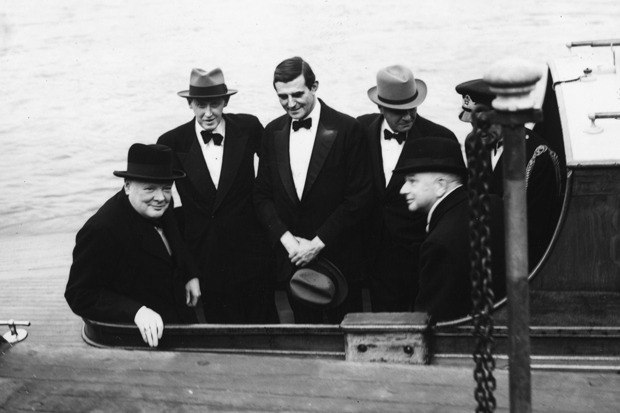
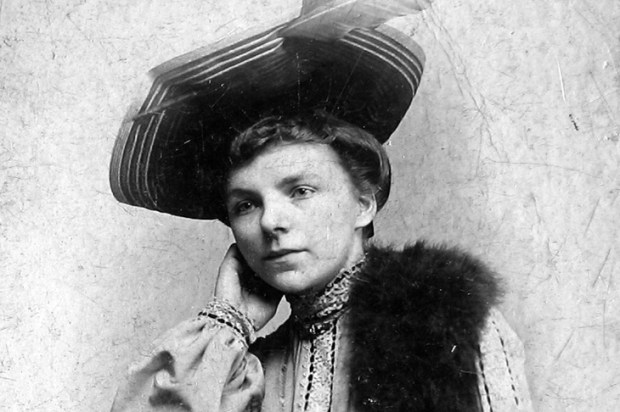
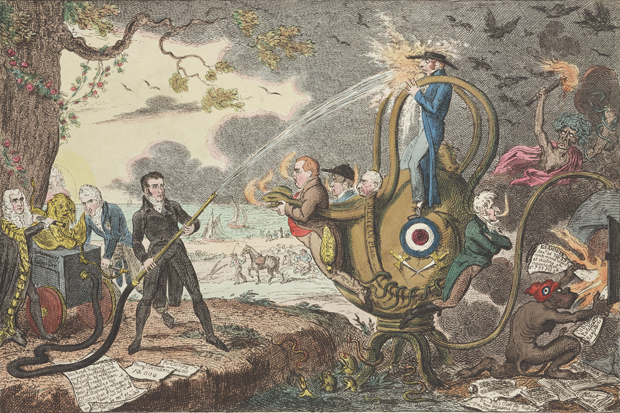

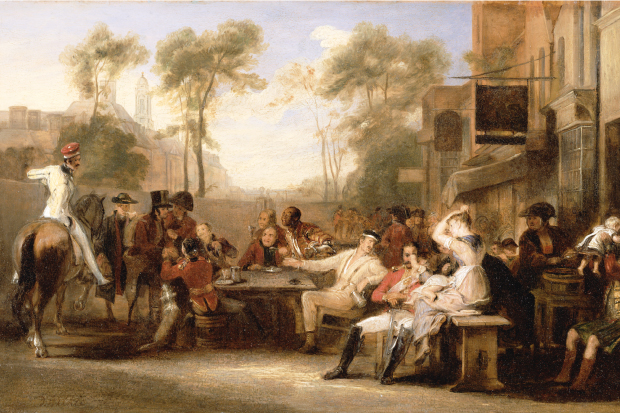

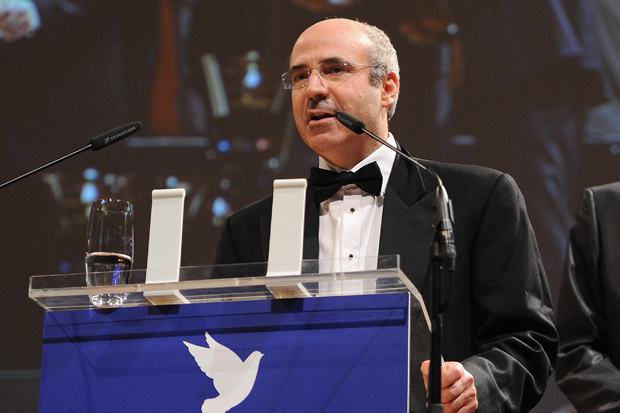






Comments
Don't miss out
Join the conversation with other Spectator Australia readers. Subscribe to leave a comment.
SUBSCRIBEAlready a subscriber? Log in